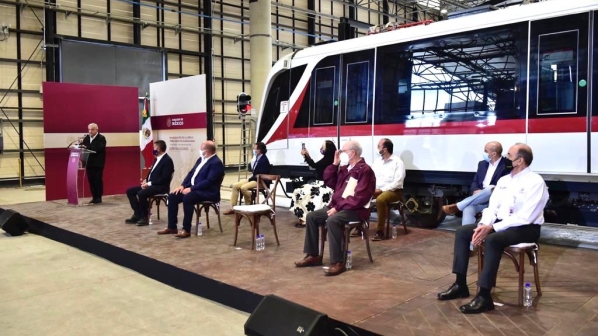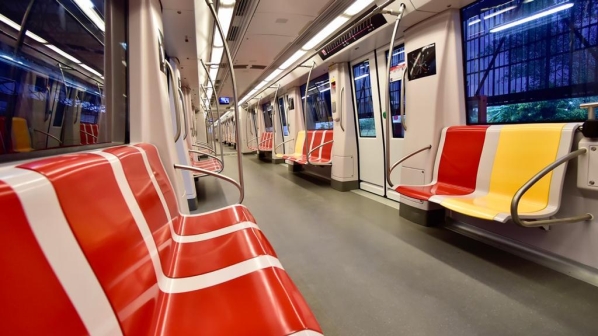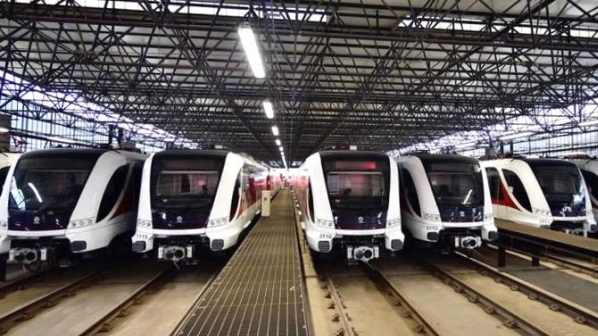The 21.4km metro line, which has 13 elevated and five underground stations, is expected to carry around 230,000 riders daily through the cities of Zapopan, Guadalajara and Tlaquepaque, with an end to end travel time of 33 minutes. The line, which is operated by Sistema del Tren Eléctrico Urbano (Siteur) has an interchange with LRT Line 1 at Ávila Camacho and with Line 2 at Guadalajara Centro.
Mexico’s Federal Secretariat of Communications and Transport (SCT) awarded Alstom and CPVM, a subsidiary of OHL, Spain, a €380m contract in November 2014 to supply the line’s railway systems. Alstom’s share of the contract, worth €240m, included 18 three-car Metropolis trains - the first of which was delivered in autumn 2016 - as well as communication systems, high-voltage electrification and traction substations, and traffic control systems based on Alstom’s Urbalis 400 CBTC system.

Egis, in partnership with Transconsult, handled supervision of work for all line systems and rolling stock.
Sener Engineering’s Mexican subsidiary was involved in various aspects of the project from the prefeasibility study stage in 2012, through to the detailed design, project management and construction phases.

“We congratulate everyone involved in the inauguration of this very important project for Jalisco,” says Mr Manuel Gomez Parra, general director of railway and multimodal development of SCT. “Without a doubt, it will greatly benefit all the state’s residents, changing the way they travel and improving their lifestyle.”
For detailed data on light rail projects around the world, subscribe to IRJ Pro.

